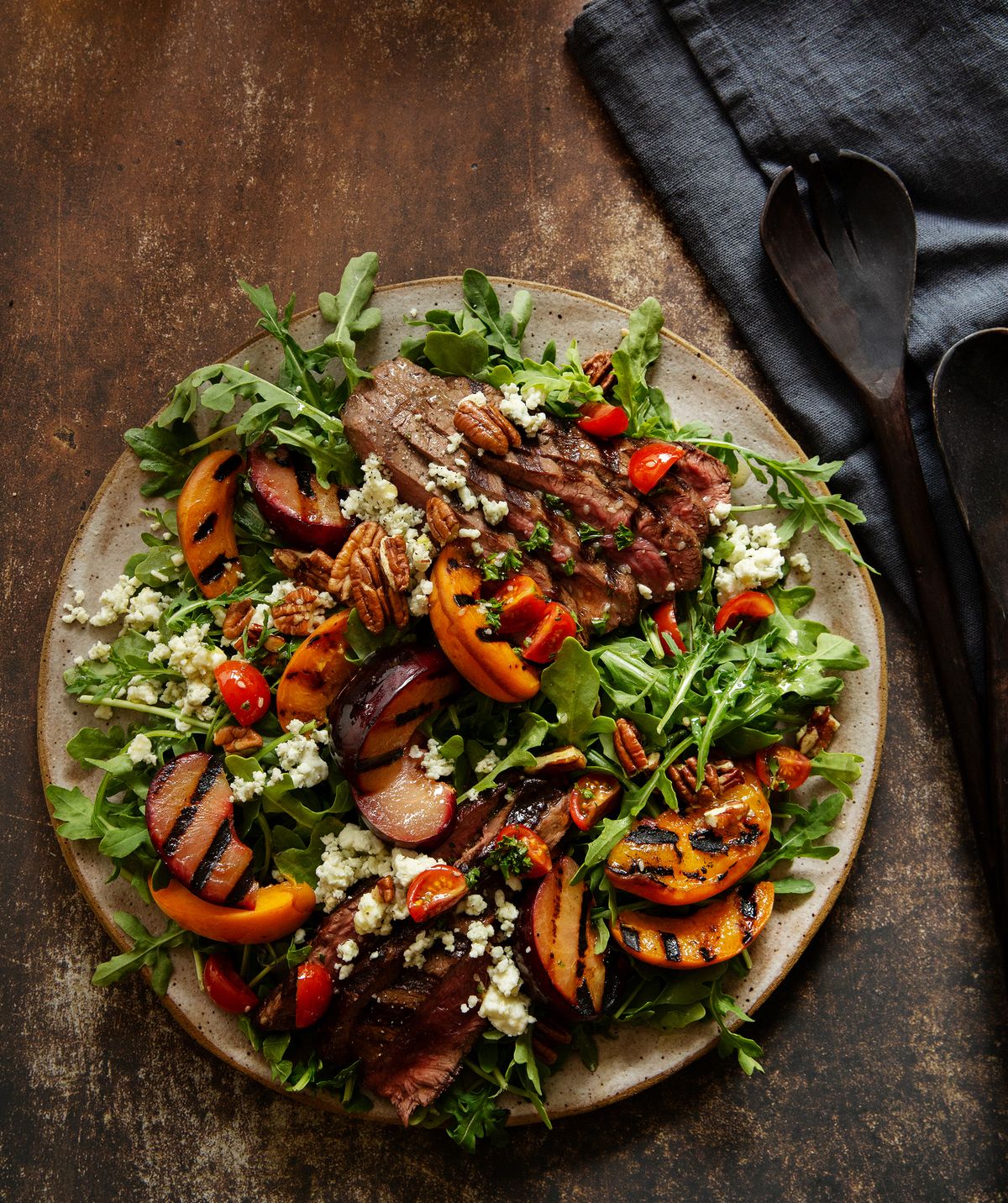New cannabis cookbook presents 125 culinary treats

Tracey Medeiros made a name for herself in culinary circles by penning a variety of cookbooks, like “The Vermont Farm Table Cookbook,” “The Connecticut Farm Table Cookbook” and “Dishing Up Vermont,” that all feature local ingredients, farm-to-table treats and regional delicacies.
For her fifth book, the Vermont chef and traveling cooking instructor went in a new direction: all the recipes in “The Art of Cooking with Cannabis” feature a certain herb that hasn’t always been associated with the finest foods.
But as an advocate of the sustainable food movement, she is now convinced cannabis should be welcomed in many people’s kitchens and dinner tables.
“When Vermont started the process of legalization, I found myself reading about its potential for medicinal benefits,” Medeiros said. “I also began researching folks in the food industry who use this plant to create nourishing recipes, and was truly amazed how they were transforming the culinary and cannabis landscape by elevating the plant to a new level of creativity.”
The book includes 125 recipes as well as complementary information about cannabis to educate readers about its history, culture, and use in food and medicine. It’s divided into different sections based on types of food, geographic region and types of strain/plant (THC-dominant, CBD-dominant, and hemp.)
Medeiros also shares favorite recipes from fellow foodie friends across the country, including several chefs from Washington: Blackberry Cobbler created by Unika Noiel of LUVN Kitchn in Seattle; Vegan No-Bake Cashew Cheesecake from Maria Hines of Seattle’s Tilth; and the Orcasong Dreamer’s Tea Blend created by David Dotlich and Doug Elwood from Orcasong Farm on Orcas Island.
Jessica Catalano, a professional culinarian and medical cannabis advocate living in the Seattle area, also shares her recipe for cannabis-infused coconut oil.
The book includes short profiles of many of the contributors and why food – and cannabis – are important parts of their lives.
“I carefully researched well-respected folks, from restaurant owners to small farm owners,” Medeiros said. “I was pleasantly overwhelmed by the welcoming response that greeted the idea of this project, and how many people were eager to offer readers their knowledge of the many benefits, both health- and wellness-wise of cannabis and its role today.”
Medeiros felt it was important to acknowledge some of the current challenges around legal cannabis: access and a history of not everyone having the same opportunities. The book is dedicated to those pushing for social reform and to change the structure.
“Today’s advocates are trying to create a fair and balanced industry with equity for minorities and women so they can participate meaningfully,” she said. “Many are working tirelessly for record expungement and protection of small farms and farmers. They’re trying to stress the positive role that cannabis can play in our lives and also encourage diversity and equitable participation.”
She encourages readers to support a program of the James Beard Foundation called “Open for Good,” which helps independent restaurants survive the downturn due to COVID-19 lockdowns and other restrictions. Information about the campaign can be found at www.jamesbeard.org/openforgood.